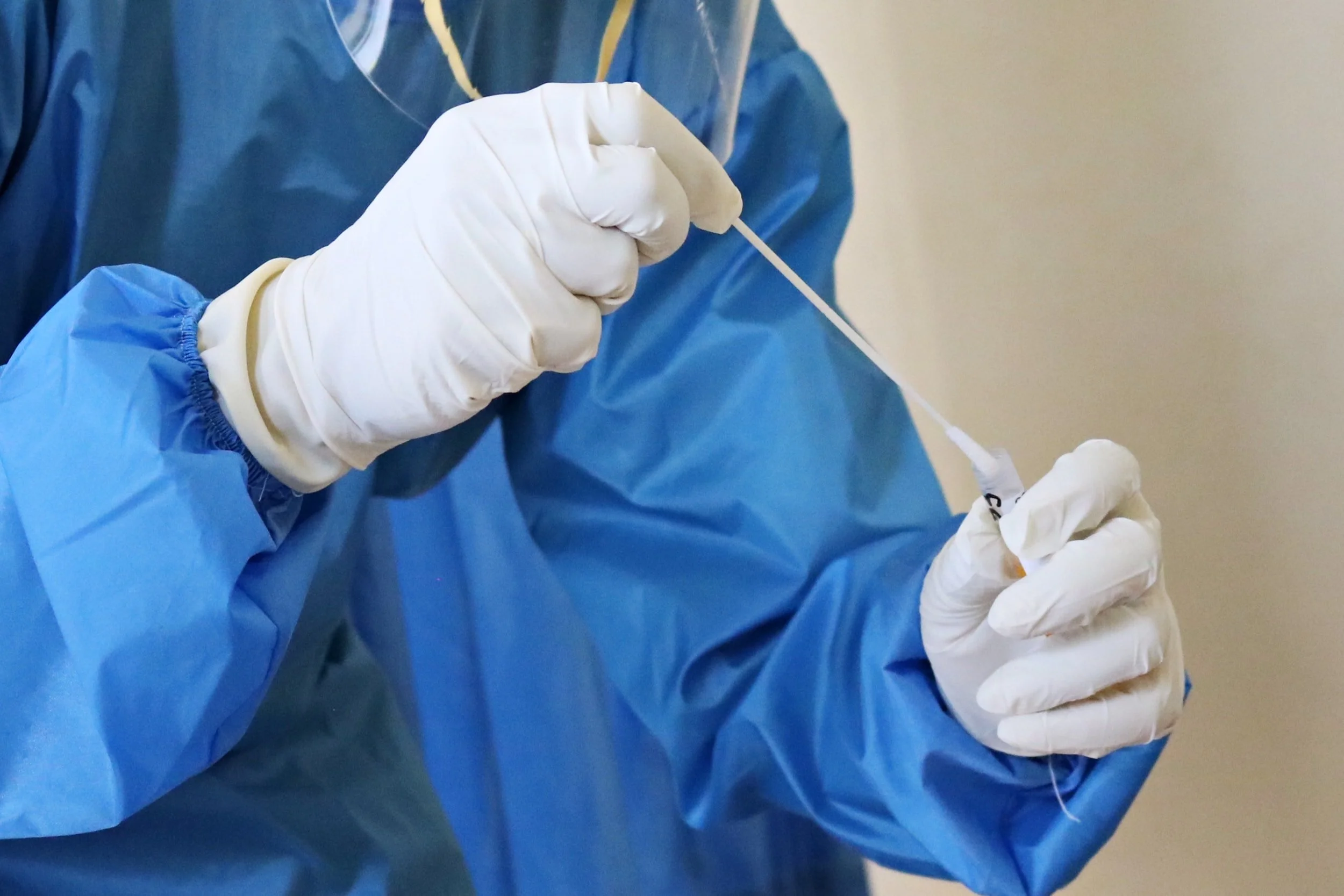Ashley Z. Ritter APRN, PhD, Cyrus M.Kosar PhD, Elizabeth M. White APRN, PhD, Richard A. Feifer MD, MPH, Carolyn Blackman MD, Vincent Mor PhD
Abstract
Objectives
To examine the risk of contracting SARS-CoV-2 during a post-acute skilled nursing facility (SNF) stay and the associated risk of death.
Design
Cohort study using Minimum Data Set and electronic health record data from a large multistate long-term care provider. Primary outcomes included testing positive for SARS-CoV-2 during the post-acute SNF stay, and death among those who tested positive.
Setting and Participants
The sample included all new admissions to the provider's 286 SNFs between January 1 and December 31, 2020. Patients known to be infected with SARS-CoV-2 at the time of admission were excluded.
Methods
SARS-CoV-2 infection and mortality rates were measured in time intervals by month of admission. A parametric survival model with SNF random effects was used to measure the association of patient demographic factors, clinical characteristics, and month of admission, with testing positive for SARS-CoV-2.
Results
The sample included 45,094 post-acute SNF admissions. Overall, 5.7% of patients tested positive for SARS-CoV-2 within 100 days of admission, with 1.0% testing positive within 1-14 days, 1.4% within 15-30 days, and 3.4% within 31-100 days. Of all newly admitted patients, 0.8% contracted SARS-CoV-2 and died, whereas 6.7% died without known infection. Infection rates and subsequent risk of death were highest for patients admitted during the first and third US pandemic waves. Patients with greater cognitive and functional impairment had a 1.45 to 1.92 times higher risk of contracting SARS-CoV-2 than patients with less impairment.
Conclusions and Implications
The absolute risk of SARS-CoV-2 infection and death during a post-acute SNF admission was 0.8%. Those who did contract SARS-CoV-2 during their SNF stay had nearly double the rate of death as those who were not infected. Findings from this study provide context for people requiring post-acute care, and their support systems, in navigating decisions around SNF admission during the SARS-CoV-2 pandemic.

